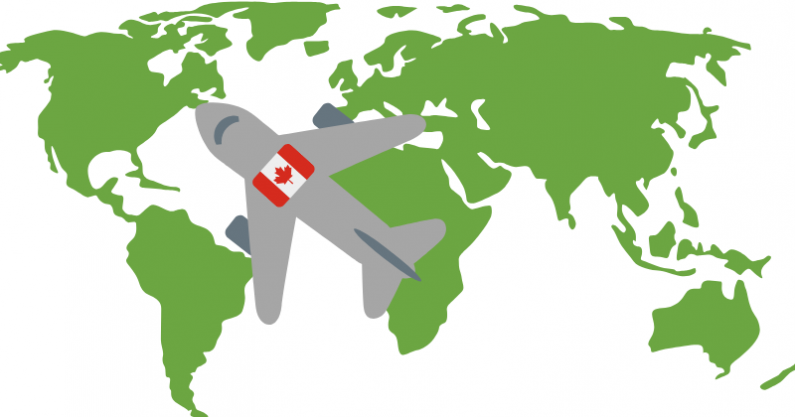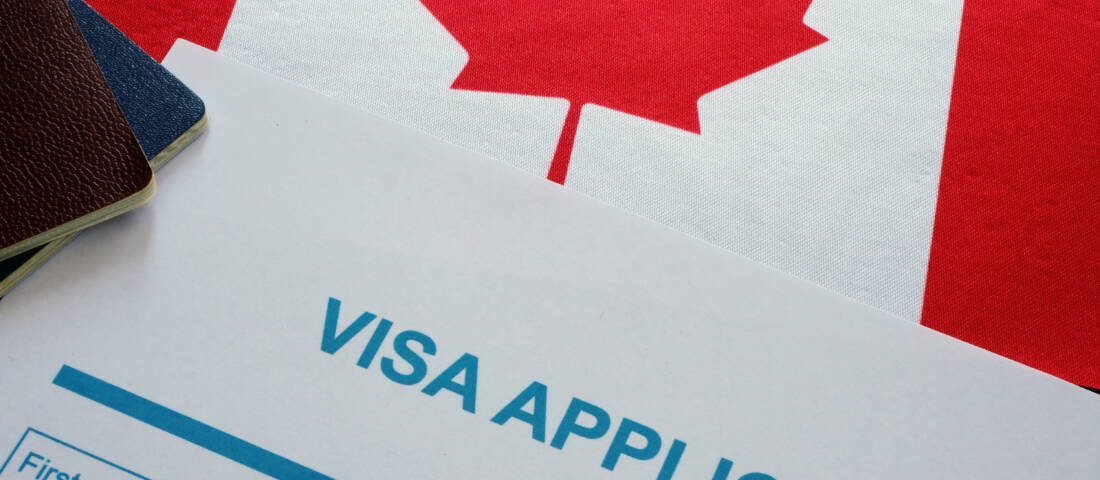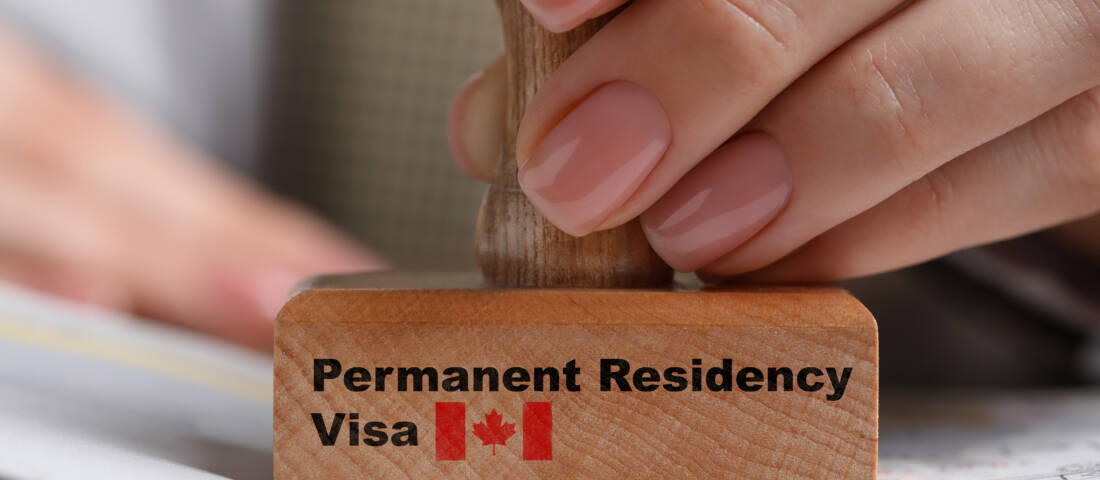Canada immigration law is becoming more complex and challenging every day. Immigration applications can be refused due to minor oversights and omissions that can delay or negatively impact your business or your family reunification plans. The immigration process can take a year and sometimes many years from the time of your application until you move to Canada. Whether you want to move to Canada for work, education or personal reasons, understanding the immigration options and process can help you cross borders seamlessly and move through the immigration process with confidence. Understanding the different options for how to move to Canada can help you avoids mistakes that can delay your immigration process and cost you time and money.
Top 7 Easiest Ways to Move to Canada
1. Express Entry
Express Entry is Canada's skilled-worker immigration application system, launched in January 2015, to attract high-skilled foreign workers and former international students who want to live in Canada permanently and whose in-demand skills are needed by employers across the country.
Calculate your Express Entry score here.
2. Family Class Sponsorship
The Family Class Application and Spousal Sponsorship path is a way for a permanent resident or citizen of Canada to sponsor their spouse or common-law partner (including same-sex partner) to immigrate to Canada.
Parent and Grandparent Sponsorship and Super Visas are ways to bring your parents and grandparents to Canada if you are a Permanent Resident or Citizen.
3. Student Visa
In order to study in Canada, international students usually require a study permit. This is a document available only after a college, university, or other accredited educational institution has accepted you. Study permits are only available for those accepted to schools designated to accept international students. Designated learning institutions appear on the official Designated Learning Institutions list, but only at the post-secondary level. Primary and secondary schools throughout the country are automatically deemed as designated institutions.
4. Canadian Experience Class
After working in Canada for 12 months in a NOC A, B or O skill level job full-time (or equivalent), you can apply for permanent residence through the Canadian Experience Class - CEC - category.
Your initial CEC application places you into a pool with other eligible workers. You will be ranked and if you are near the top of the pool, you will get an Invitation to Apply via Express Entry. There are no specific lists of requirements because each applicant is unique., you will get a customized list of documents needed.
5. Start-Up Visa Program
Canada’s new Start-Up Visa is the first of its kind in the world, linking immigrant entrepreneurs and investors with experienced private sector organizations that have expertise in working with start-ups.
The Start-Up Visa Program focuses on entrepreneurs who want to immigrate to Canada. Specifically, those who can build businesses and create jobs for Canadians and Permanent Residents. The start-up visa allows the applicant to obtain their Permanent Residency.
6. Provincial Nominee Programs
Canada encourages applications for Permanent Residence from people with skilled abilities, education and work experience that will contribute to the Canadian economy. One of the most significant programs is known as the Provincial Nominee Program or PNP. This is a system that allows each territorial and/or provincial government to select immigrants based on the specific economic needs of that territory or province.
Each province or territory has its own specific procedures and qualifications. In order to become a nominee, applicants must first submit an application to the province they are interested in. If they are accepted, they can make an application to IRCC for their Permanent Residence. When applying to IRCC at the federal stage, the federal government will review issues such as medical tests, criminal background and financial stability before making a final application decision.
7. Self-Employed Entrepreneur Program
The Canadian government announced in October 2015 that Canada wants entrepreneurs! Canada has many ways for people to qualify for Self-Employed Permanent Residence in Canada, which is often based on their work, skills and education.
There are three pathways to Permanent Residence for the self-employed:
- Cultural activities
- Athletics
- Purchase and management of a farm
Crossing Borders Seamlessly
By not using a lawyer you can be putting your business and your family at risk. Ackah Business Immigration Law can help you understand your rights and understand Canadian immigration policies as they apply to your unique circumstances.
Learn More: 9
At Ackah Business Immigration Law, we guide you through the immigration journey to your desired destination. Our innovative legal practice combines professional knowledge, personal attention, and supportive advice. With knowledge and expertise, we navigate complex Canadian and U.S. immigration rules and regulations to solve problems and remove obstacles, before you get to the border.








